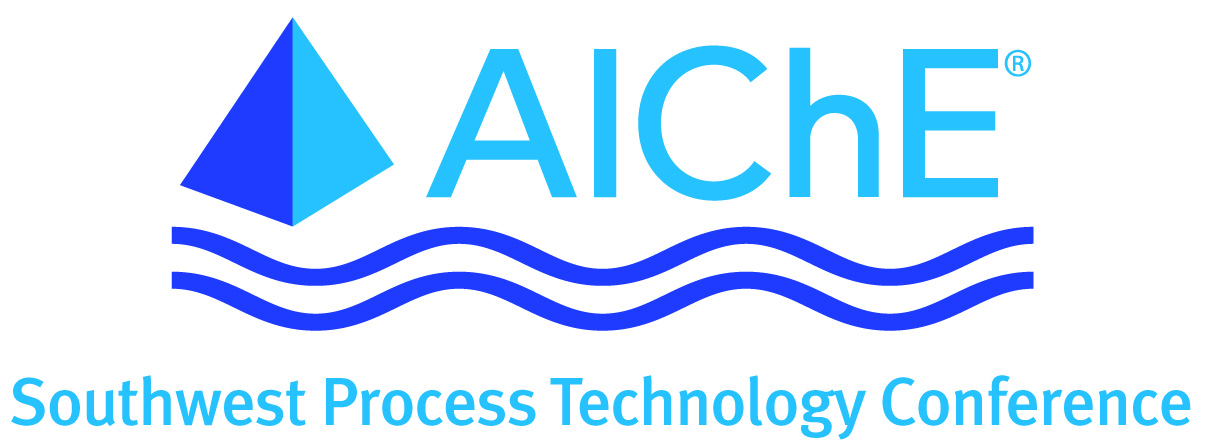

Recently the US Chemical Safety Board has been quite supportive of the concept of the “Safety Case” system. In a recent Regulatory Report, CSB went so far as to repeat a statement attributed to one international insurer that US-based refineries sustained financial losses from incidents three timesthat of industry counterparts within an “EU cluster”. By implication, OSHA’s performance-based PSM Rule regulating US refineries is demonstrably inferior to the approach taken by “EU cluster” countries, presumably under Safety Case systems.
This paper attempts to trace and examine specific data underlying this “three times better” statement. Then more generally, the author overviews process safety regulation including OSHA’s PSM, EPA’s RMP, UK’s Safety Case, along with other European, Asian and Middle Eastern approaches.
In addition, the US Nuclear Regulatory Commission recently reviewed their own risk-informed, performance-based schemes and proposed a more comprehensive approach. As it deals with fuel cycle materials and transportation, bearing many features in common with the process chemical industry, it will also be considered in the comparisons.
Finally, to the extent that credible industry-wide data on property damage and business interruption claims are available, the author will determine if any conclusions can actually be drawn about relative efficacies of regulatory regimes.
